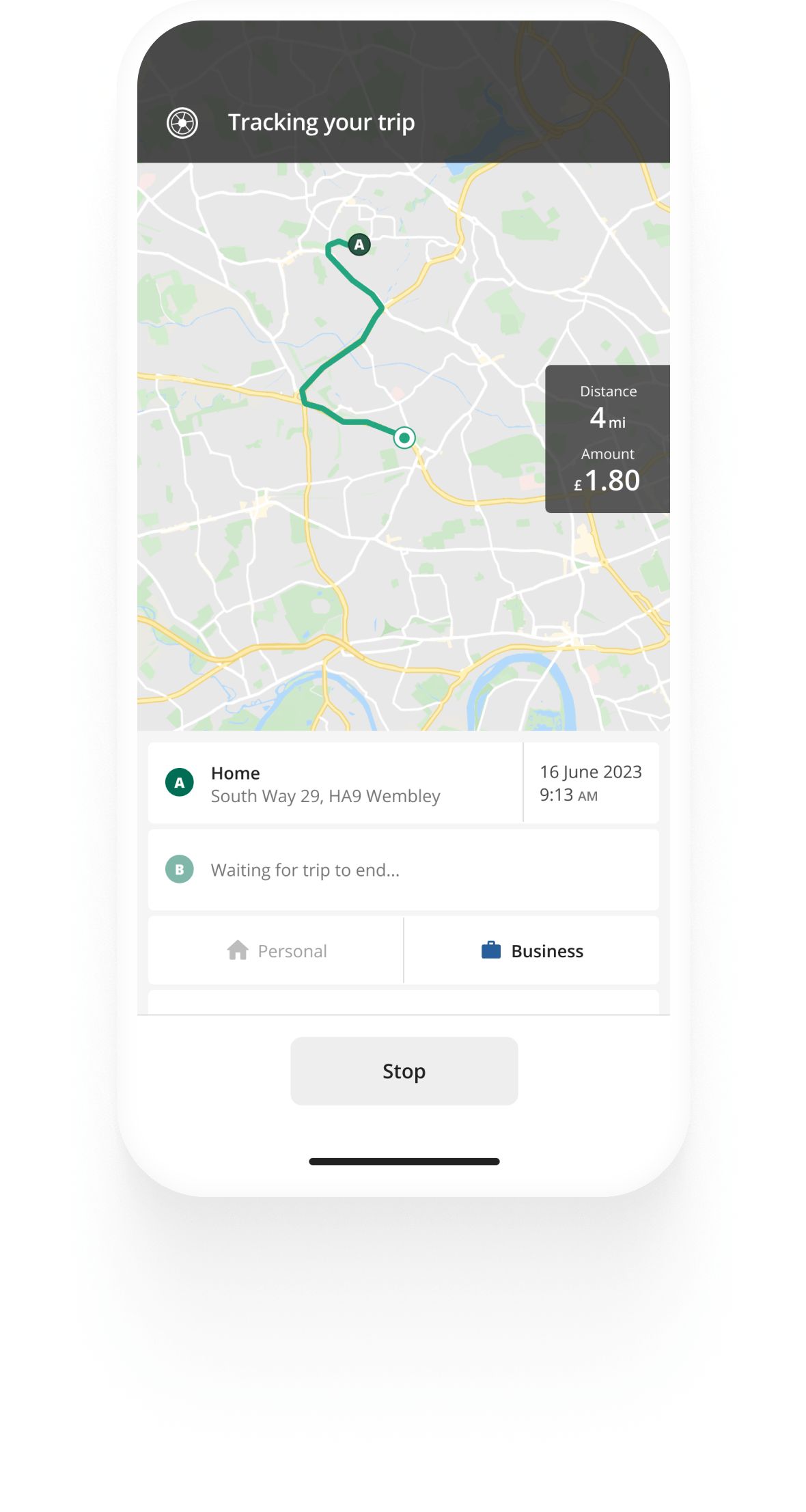Track mileage automatically
Get startedWhat is Self Assessment?
If you're self-employed in the UK, you're probably familiar with the term "Self Assessment." But what exactly does it mean?
Self Assessment is a system used by HMRC to collect income tax. As a self-employed person, it's your responsibility to report your income and expenses to HMRC, which is done through a Self Assessment tax return. Self Assessment is also used for people who receive income from other sources, such as rental income or investments.
See how to claim your mileage from HMRC in five easy steps. With Driversnote you can share your vehicle log book with HMRC at the touch of a button. Try the mileage tracking app for free.
What is a Self Assessment tax return?
A Self Assessment tax return is a form that you fill out to report your income and expenses for the tax year. The tax year in the UK runs from 6th April to 5th April the following year. You'll need to report all of your income, including any self-employed income, and all of your expenses that are related to your self-employment.
The Self Assessment tax return will calculate how much income tax you need to pay based on the amount of money you made and the expenses you incurred throughout the tax year. You'll also need to pay National Insurance contributions, which are used to fund things like the National Health Service (NHS) and your state pension.


Mileage tracking made easy
Trusted by millions of drivers
Automate your mileage log Automate your mileage log

Automatic mileage tracking and HMRC-compliant reporting.
Get started for free Get started for freeWhy is Self Assessment important?
Submitting your Self Assessment tax return on time is important, as failing to do so can result in penalties from HMRC. Additionally, submitting an inaccurate tax return can lead to further penalties and even legal action.
The deadline for submitting your tax return through Self Assessment is 31st January following the end of the tax year.
Note that you must also pay any tax owed by the same deadline, otherwise you may face penalties and interest charges. If you're unable to pay your tax bill in full by the deadline, you should still submit your tax return on time and contact HMRC to arrange a payment plan or discuss other options.
By completing your Self Assessment tax return accurately and on time, you'll ensure that you're paying the right amount of tax and NI contributions. You'll also be able to claim any tax relief you're entitled to, which can help reduce your tax bill.
FAQ

Tired of logging mileage by hand?
Effortless. HMRC-compliant. Liberating.
Related posts
Free mileage log book template
Latest update: 7 May 2025 - 2 min read
Whether you're an employee or a business owner, it's crucial to keep good mileage records in a mileage log book.
HMRC Mileage Guide
Latest update: 2 April 2025 - 5 min read
Welcome to our guide on mileage claims and reimbursement in the UK. This guide will walk you through the rules that apply to your situation.
HMRC advisory fuel rates 2025
Latest update: 5 December 2025 - 5 min read
HMRC has announced the revised advisory fuel rates, effective 1 December 2025. See how they apply to employees and employers.
.svg)

